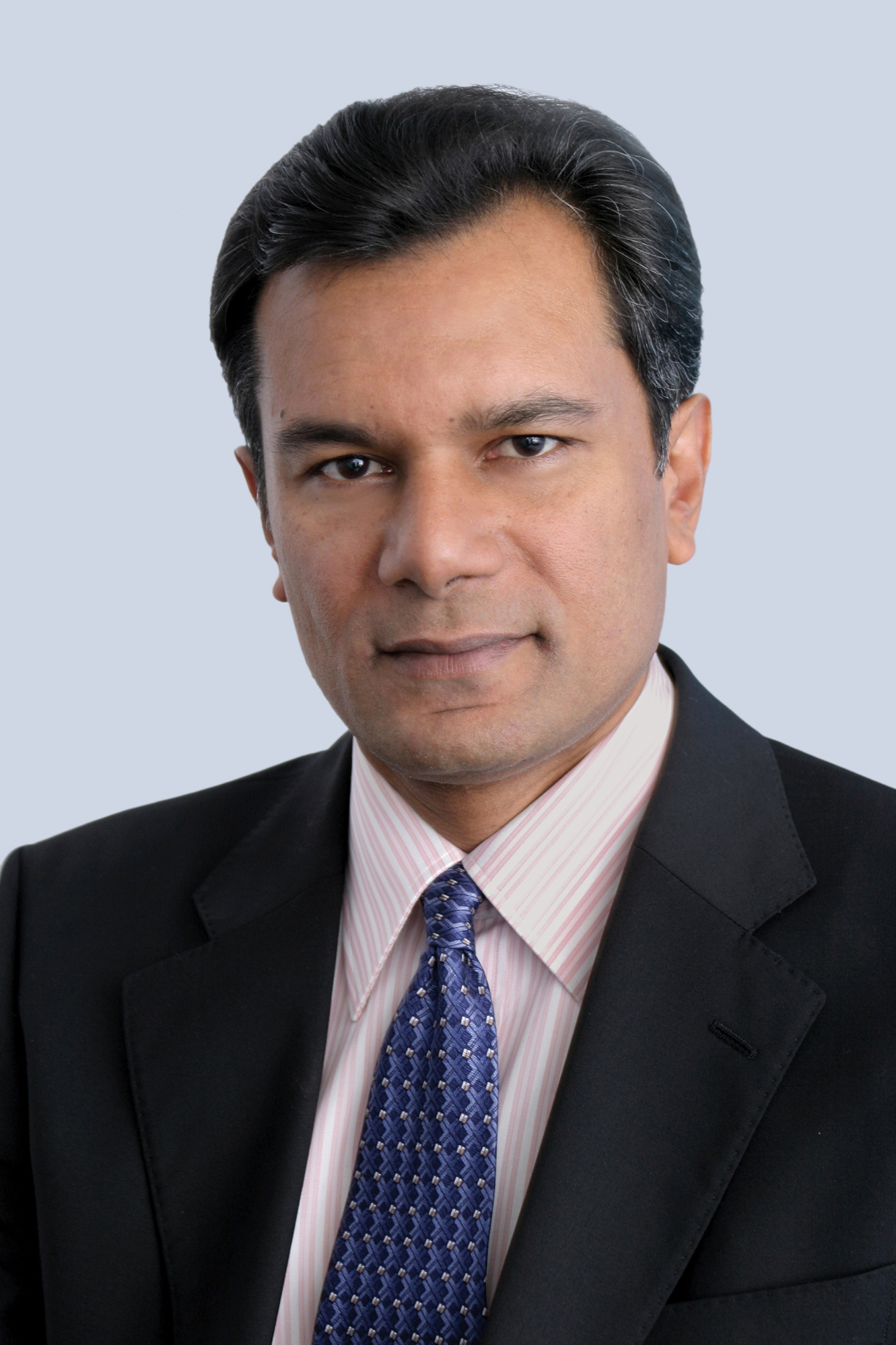
This Mutant Gene May Be Making You Smarter…And Fatter – Dr. Lionel Bissoon – #385
Timestamps
0:00 – Cool fact of the day
1:30 – Lemon Cookie Collagen Bars
2:00 – Welcome Lionel Bissoon
7:00 – New York lab testing laws
9:00 – Fungal infections
10:00 – Stretch Marks
12:00 – Calcium D-Glucarate
17:40 – Meditation
21:40 – Mesotherapy
33:00 – Typical use cases for Mesotherapy
41:00 – Avoiding sunlight
43:00 – Sleep and anti-aging
50:30 – 3 tips for performing better at life
54:00 – Investing in supplements
Featured
Resources
Bulletproof
Subscribe To The Human Upgrade
In this Episode of The Human Upgrade™...
BOOKS
4X NEW YORK TIMES
BEST-SELLING SCIENCE AUTHOR
AVAILABLE NOW
Smarter
Not Harder
Smarter Not Harder: The Biohacker’s Guide to Getting the Body and Mind You Want is about helping you to become the best version of yourself by embracing laziness while increasing your energy and optimizing your biology.
If you want to lose weight, increase your energy, or sharpen your mind, there are shelves of books offering myriad styles of advice. If you want to build up your strength and cardio fitness, there are plenty of gyms and trainers ready to offer you their guidance. What all of these resources have in common is they offer you a bad deal: a lot of effort for a little payoff. Dave Asprey has found a better way.








